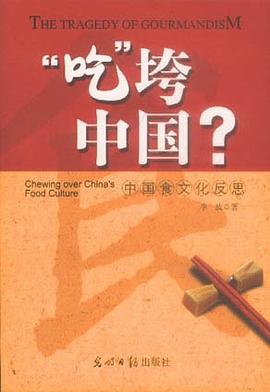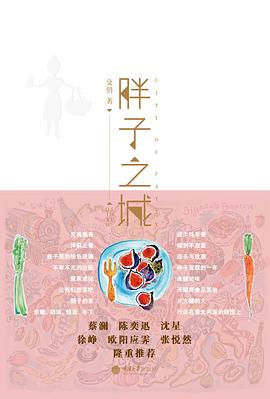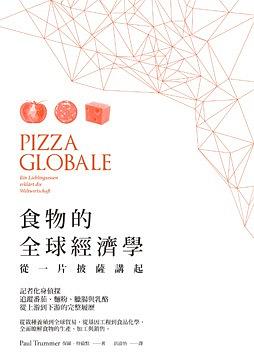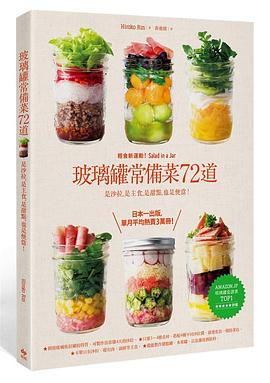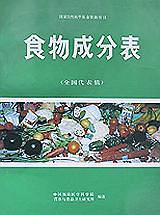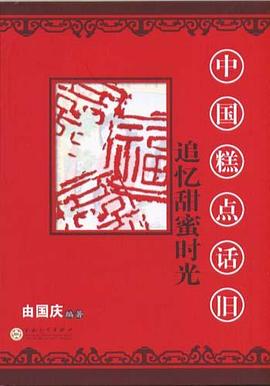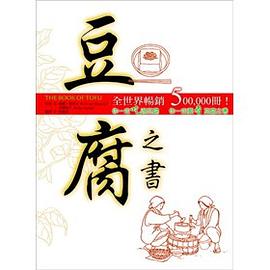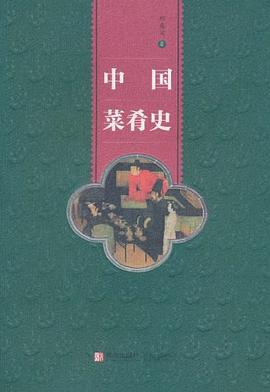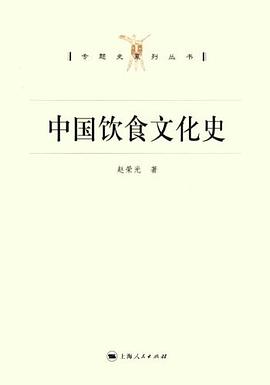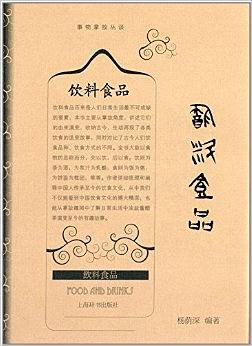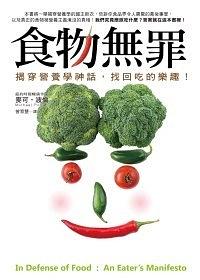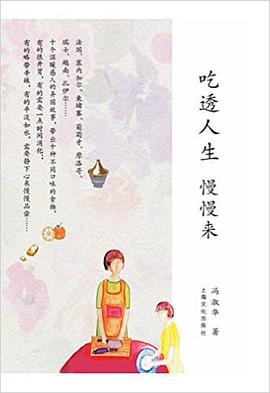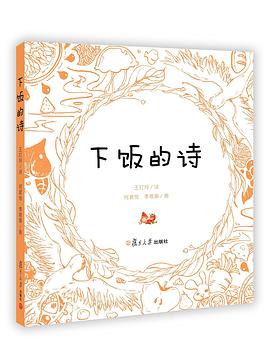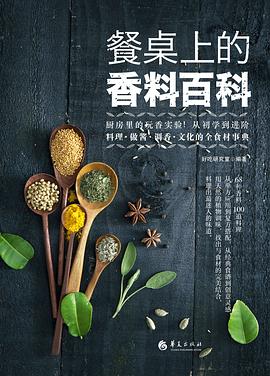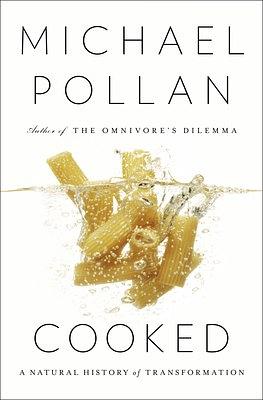

具體描述
In Cooked, Michael Pollan explores the previously uncharted territory of his own kitchen. Here, he discovers the enduring power of the four classical elements—fire, water, air, and earth—to transform the stuff of nature into delicious things to eat and drink. Apprenticing himself to a succession of culinary masters, Pollan learns how to grill with fire, cook with liquid, bake bread, and ferment everything from cheese to beer. In the course of his journey, he discovers that the cook occupies a special place in the world, standing squarely between nature and culture. Both realms are transformed by cooking, and so, in the process, is the cook.
Each section of Cooked tracks Pollan’s effort to master a single classic recipe using one of the four elements. A North Carolina barbecue pit master tutors him in the primal magic of fire; a Chez Panisse–trained cook schools him in the art of braising; a celebrated baker teaches him how air transforms grain and water into a fragrant loaf of bread; and finally, several mad-genius “fermentos” (a tribe that includes brewers, cheese makers, and all kinds of picklers) reveal how fungi and bacteria can perform the most amazing alchemies of all. The reader learns alongside Pollan, but the lessons move beyond the practical to become an investigation of how cooking involves us in a web of social and ecological relationships: with plants and animals, the soil, farmers, our history and culture, and, of course, the people our cooking nourishes and delights. Cooking, above all, connects us.
The effects of not cooking are similarly far reaching. Relying upon corporations to process our food means we consume huge quantities of fat, sugar, and salt; disrupt an essential link to the natural world; and weaken our relationships with family and friends. In fact, Cooked argues, taking back control of cooking may be the single most important step anyone can take to help make the American food system healthier and more sustainable. Reclaiming cooking as an act of enjoyment and self-reliance, learning to perform the magic of these everyday transformations, opens the door to a more nourishing life.
著者簡介
Michael Pollan is the author of five books: Second Nature, A Place of My Own, The Botany of Desire, which received the Borders Original Voices Award for the best nonfiction work of 2001 and was recognized as a best book of the year by the American Booksellers Association and Amazon, and the national bestellers, The Omnivore's Dilemma, and In Defense of Food.
A longtime contributing writer to The New York Times Magazine, Pollan is also the Knight Professor of Journalism at UC Berkeley. His writing on food and agriculture has won numerous awards, including the Reuters/World Conservation Union Global Award in Environmental Journalism, the James Beard Award, and the Genesis Award from the American Humane Association.
圖書目錄
讀後感
民以食为天,在经济发展较好、生活物质水平提高的今天,“吃货”已不再是贬义词,甚至有种我是吃货我幸福的理直气壮之感。提到吃,那自然离不开“烹饪”二字,如今各种类型以食为主题的书籍可谓层出不穷。在这繁花乱眼的境遇中倒也发现了一个“饮食觉醒系列”,那就在此浅淡一...
評分听的电子书,环境里声音大,比如洗澡啊,炒菜啊,就成词成句的漏掉了,但是听到的部分还是非常有趣。而且,写的太好了。 主要是从火 (美国南方BBQ猪肉), 水,空气 (面包,这一部分写的好细腻,印象深刻),earth (各种fermantation,主要关于微生物,泡菜,酿酒)。很生活气...
評分看完《雜食者的兩難》就看這本 也看了《廚房記》 http://goo.gl/DL9upM 我是愛吃鬼 加上之前的《舞麥!麵包師的12堂課》 http://goo.gl/ggScZl 我就真的抓起天然酵母做麵包了 用枸杞抓到酵母 然後用麵包機和麵發酵要到八小時 很成功很好吃 我想強調的是 理解食物的過程是相當...
評分听的电子书,环境里声音大,比如洗澡啊,炒菜啊,就成词成句的漏掉了,但是听到的部分还是非常有趣。而且,写的太好了。 主要是从火 (美国南方BBQ猪肉), 水,空气 (面包,这一部分写的好细腻,印象深刻),earth (各种fermantation,主要关于微生物,泡菜,酿酒)。很生活气...
評分用戶評價
烹飪是連接自然世界與人類文明的節點,原本每人都要親力親為,而現代商品社會的精細分工似乎告訴我們:把做飯這件事交給工廠和專業廚師是最有效率的,也會更好吃。Michael Pollan以他一貫通俗輕快的筆法說明瞭為什麼自己做飯這件事很重要,與純科普書不同,本書還提供瞭烤肉、烘焙、煮、發酵等多種recipe。
评分水火土風四大元素原來是這麼玩的,看完pollan我去發酵瞭一堆麵包,酵母紅茶,奶酪,泡菜。今天又是細菌滿滿的小叮當
评分烹飪是連接自然世界與人類文明的節點,原本每人都要親力親為,而現代商品社會的精細分工似乎告訴我們:把做飯這件事交給工廠和專業廚師是最有效率的,也會更好吃。Michael Pollan以他一貫通俗輕快的筆法說明瞭為什麼自己做飯這件事很重要,與純科普書不同,本書還提供瞭烤肉、烘焙、煮、發酵等多種recipe。
评分水火土風四大元素原來是這麼玩的,看完pollan我去發酵瞭一堆麵包,酵母紅茶,奶酪,泡菜。今天又是細菌滿滿的小叮當
评分坦白說看的很過癮,雖然有些章節細節太多,但是還是很有啓發。關於材料的轉化,人/物之間的關係轉圜,儀式感,曆史.
相關圖書
本站所有內容均為互聯網搜索引擎提供的公開搜索信息,本站不存儲任何數據與內容,任何內容與數據均與本站無關,如有需要請聯繫相關搜索引擎包括但不限於百度,google,bing,sogou 等
© 2025 book.quotespace.org All Rights Reserved. 小美書屋 版权所有

